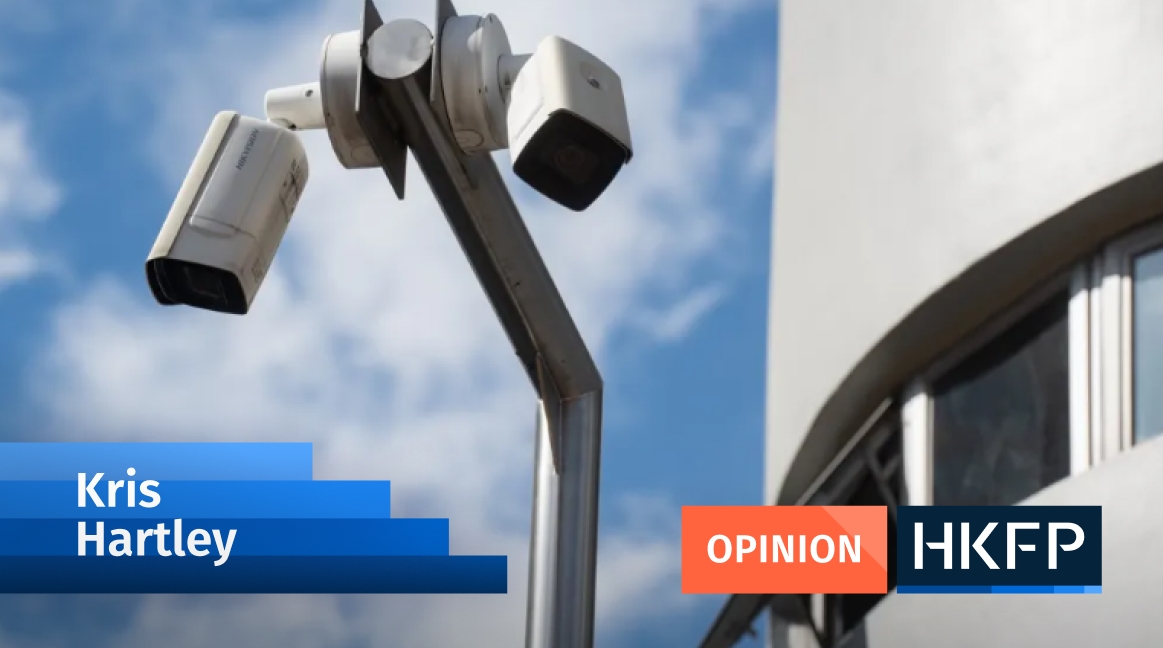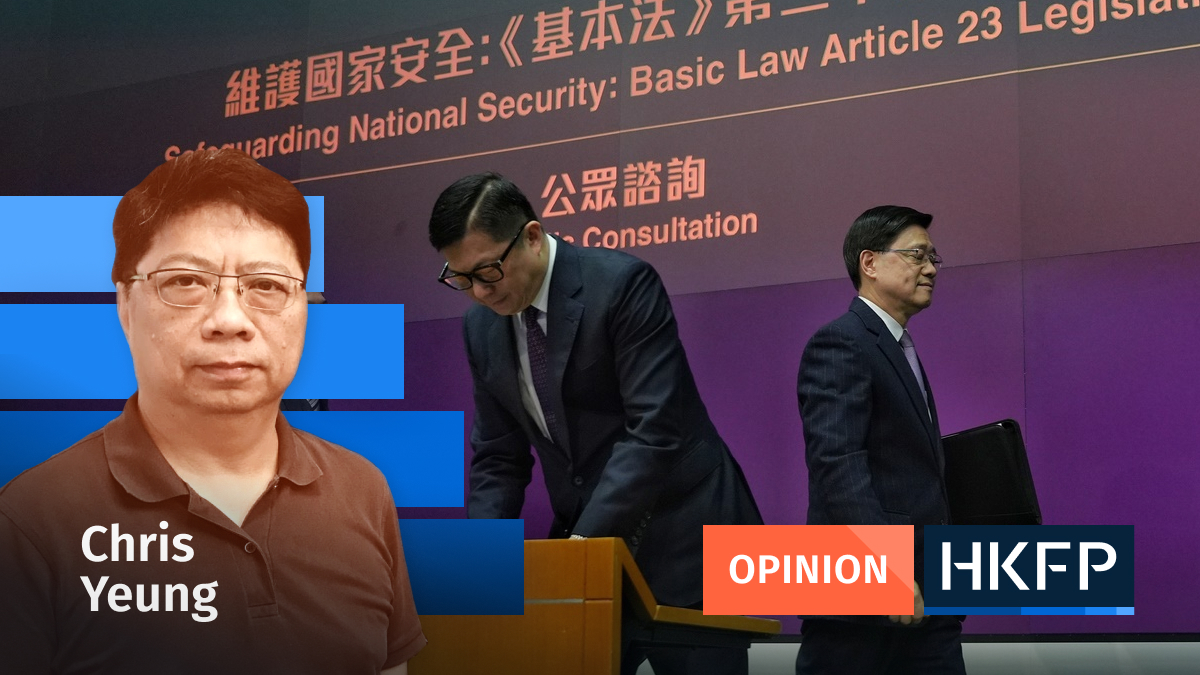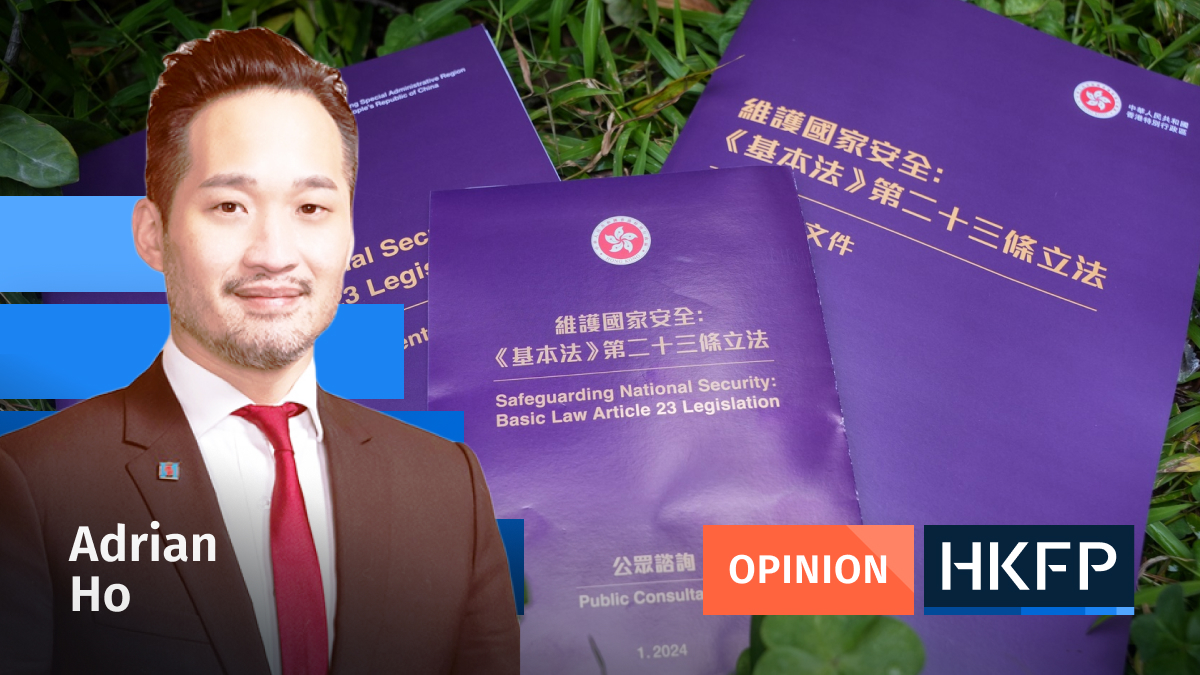It is a sad fact of court life, in my experience, that witnesses are often not entirely truthful.
The defendant, if he gives evidence, wishes to establish his innocence. Prosecution witnesses, for more subtle reasons, may be eager to establish his guilt. So it goes.
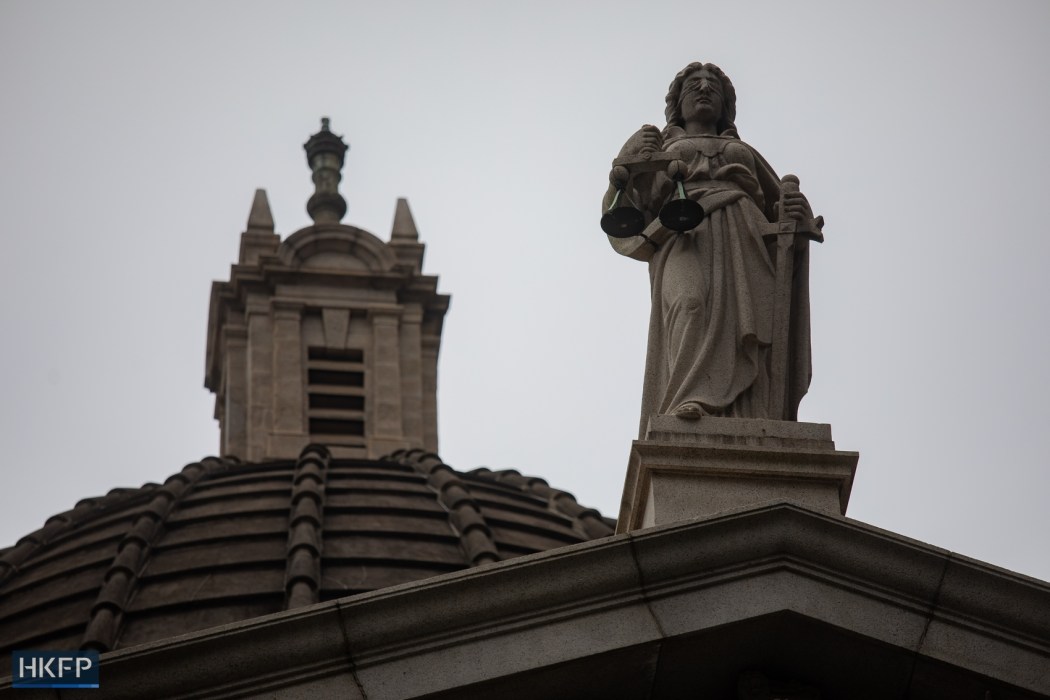
The only help the court has in distinguishing the truth from the other stuff, unless there is video evidence (which is always interesting), is the tradition that any witness can be questioned by both sides.
That means that after each witness has been taken through the expected stuff by the side which called him, the lawyer for the other lot can ask questions designed to highlight inaccuracies or inconsistencies. This rarely leads to the complete collapse of a case, but is still an important safeguard.
However it seems that in at least one Hong Kong court this part of the procedure is now regarded merely as a time-wasting piece of grit in the wheels of justice.
This brings us to the West Kowloon Magistracy, where eight defendants accused of rioting appeared before District Judge Kathie Cheung. They were all convicted.
Passing sentence, Judge Cheung said that the sentencing of rioting charges should be based on the overall incident rather than anything the defendants personally had been proven to have done. This seems rather strange to me, but the law often seems strange to lay people so we will let that pass.
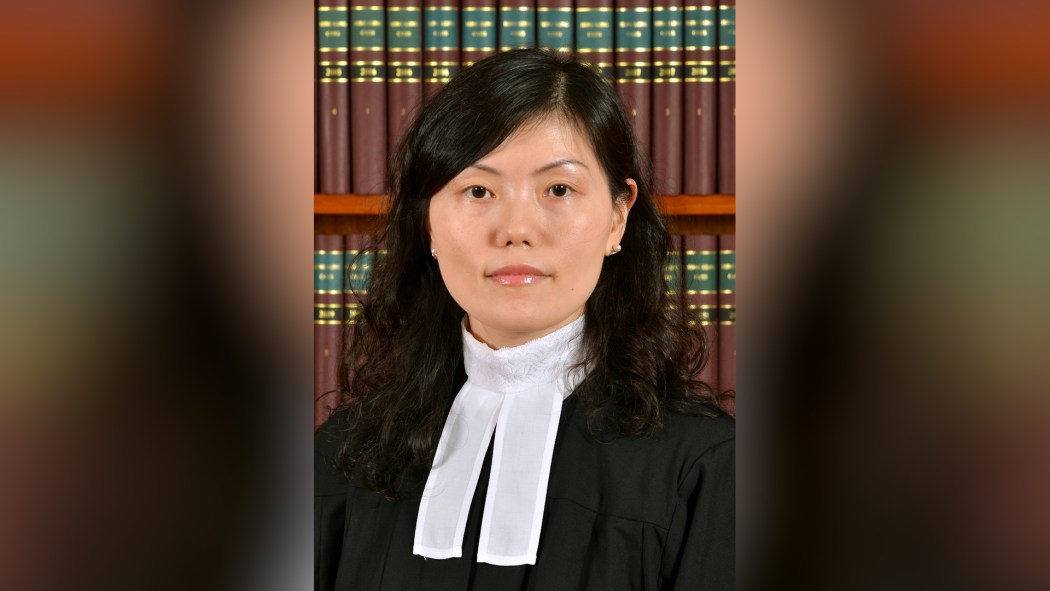
Ms Cheung set five years as the starting point, which I presume is the established tariff for rioting cases, and gave seven of the defendants three months off for youth and clean records. Two of them, however, were given a further two months off because “they did not challenge the prosecution’s witnesses and saved the court’s time.”
And at this point it seems to me that Ms Cheung, who spent virtually the whole of her pre-judicial legal career as a government lawyer, displayed an erroneous idea of what court proceedings are for.
The purpose of the proceedings is not to consign the defendants to long periods behind bars as expeditiously as possible. The importance of cross-examination – by either side – is that it assists the court in the pursuit of truth and justice, which may in some cases require an acquittal. The right to confront your accuser, in particular, is an important right. It is difficult to distinguish a discount for not exercising it from a penalty for exercising it.
It is generally very easy to get a lawyer to explain the importance of cross-examination; you just have to criticise the part of rape trials in which defence counsel tries to establish that the victim is a loose woman who probably enjoyed it.
Your legal eagle will then explain, quite rightly, that the defendant has a lot at stake in the proceedings. If convicted he will go to jail for a long time. It is important that his version of the story should be placed before the court and that the version which is going to put him behind bars is vigorously tested.
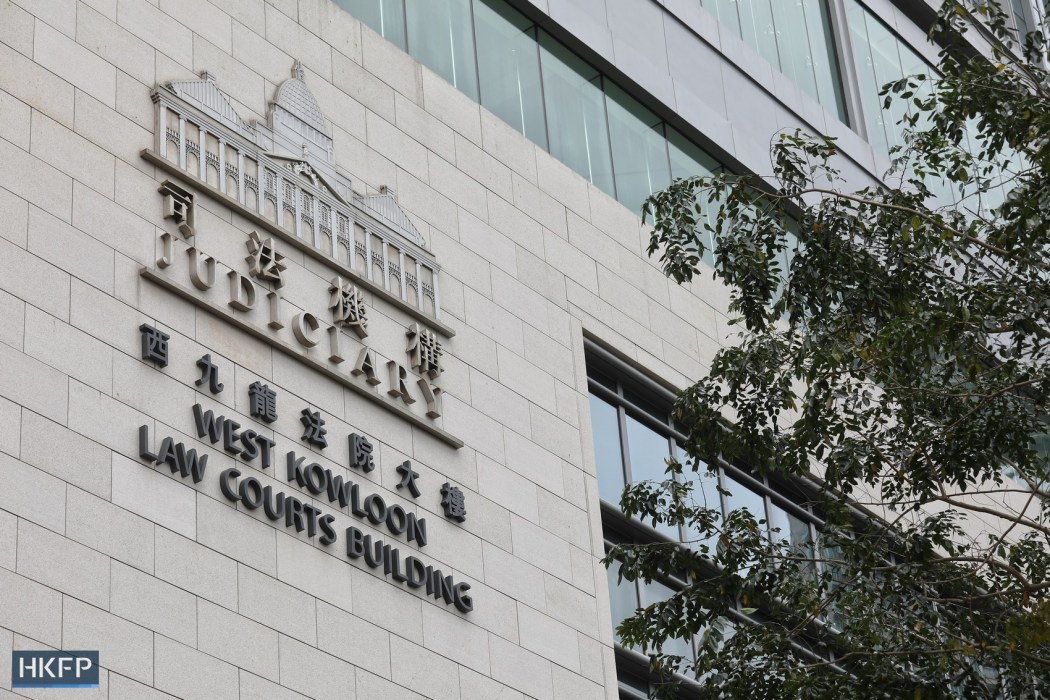
This, I suppose, is also true of rioting, so however upsetting it may be for police witnesses to have their veracity questioned, the accused person or his lawyer has a right to try.
It will no doubt be argued in defence of Ms Cheung that defendants routinely get a discount for pleading guilty. But this concession – which is notoriously open to abuse – is based on the rather optimistic notion that if the person is guilty he would have been convicted anyway.
This is hardly the same thing as saying that the prosecution’s witnesses were so transparently honest that questioning them was a waste of the court’s time. Indeed those defendants who managed to establish that there was no evidence linking them personally to disorderly or violent acts were no doubt under the impression that this was the sort of thing the judge ought to find interesting.
I cannot resist the thought that the legal system seems to place a much higher value on its own time than on that of other people – as those unfortunate defendants in their third year of pre-trial custody have found.
Support HKFP | Policies & Ethics | Error/typo? | Contact Us | Newsletter | Transparency & Annual Report | Apps
| HKFP is an impartial platform & does not necessarily share the views of opinion writers or advertisers. HKFP presents a diversity of views & regularly invites figures across the political spectrum to write for us. Press freedom is guaranteed under the Basic Law, security law, Bill of Rights and Chinese constitution. Opinion pieces aim to point out errors or defects in the government, law or policies, or aim to suggest ideas or alterations via legal means without an intention of hatred, discontent or hostility against the authorities or other communities. |
Help safeguard press freedom & keep HKFP free for all readers by supporting our team

More HKFP OPINION:
HKFP has an impartial stance, transparent funding, and balanced coverage guided by an Ethics Code and Corrections Policy.
Support press freedom & help us surpass 1,000 monthly Patrons: 100% independent, governed by an ethics code & not-for-profit.




